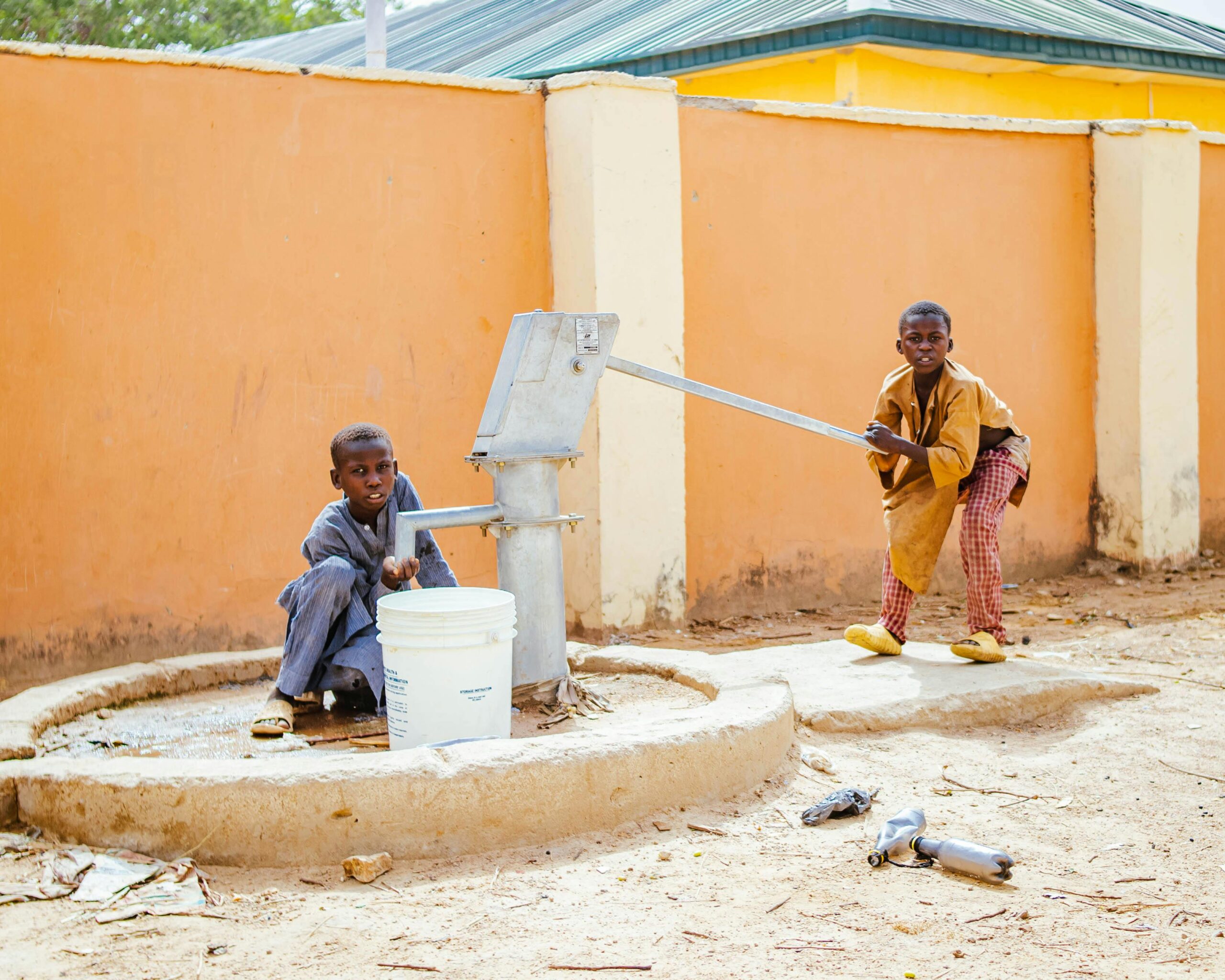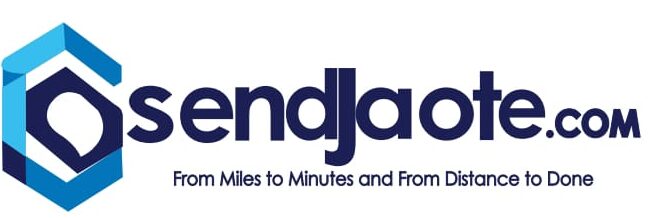
The decision between digging a well and relying on the municipal water supply in Kisumu, Kenya, is becoming increasingly relevant for residents faced with challenges surrounding water availability, quality, and reliability. This article deeply explores the advantages and benefits of both options, aiming to equip families in Kisumu with the necessary information to make informed choices that meet their specific water needs effectively.
Understanding Kisumu’s Municipal Water Supply
Kisumu City is situated along the northeastern shore of Lake Victoria and serves as an essential cultural and economic hub. The municipal water supply is primarily sourced from Lake Victoria, which is vital for drinking water as well as irrigation and other socio-economic activities. However, despite the city council’s efforts to provide a steady supply of water, several challenges can compromise the safety and reliability of municipal water.
Water Quality Concerns
Recent studies indicate that a portion of the municipal water supply is susceptible to contamination. Water sourced from Lake Victoria faces pollution issues arising from agricultural runoff, untreated sewage, and industrial discharges (World Health Organization, 2019). This situation can increase the risk of waterborne diseases, including cholera and typhoid fever, particularly affecting vulnerable populations (Kisumu County Integrated Development Plan, 2018).
Moreover, aging infrastructure can contribute to further complications regarding water quality. Reports have documented the presence of coliform bacteria in municipal water samples from various locations in Kisumu (African Journal of Environmental Science and Technology, 2018). These concerns can erode the trust of residents in municipal services, prompting many to seek alternative sources of water, such as wells.
Supply Reliability
Supply reliability is another critical consideration. Many residents experience interruptions in service—caused by factors such as power outages, insufficient infrastructure, and maintenance work. In some neighborhoods, families may experience water shortages, which complicates daily life and hygiene (Kisumu Urban Projects, 2021). As a result, many seek alternatives to municipal water, with well-digging emerging as a pertinent solution.
Advantages of Digging a Well
For many residents, constructing a well provides several significant advantages, especially in light of the challenges presented by municipal supplies.
Quality of Water
Groundwater sourced from wells is frequently characterized as cleaner and more reliable than surface water. According to the Water Research Commission, groundwater is less susceptible to contamination from environmental factors and is generally associated with lower pathogen levels (Water Research Commission, 2021). When properly constructed, wells can tap into deep aquifers, providing consistent access to potable water.
With a well, households can take an active role in maintaining their water quality by filtering and treating it on-site, leading to peace of mind. This ownership of water quality stands in contrast to the dependence on municipal water treatment, enabling residents to ensure that their water meets safety standards readily.
Cost-Effectiveness
While the initial cost to drill a well can range from KSh 50,000 to KSh 200,000 (approximately $500–$2,000), depending on factors such as depth and geological conditions, the long-term benefits can outweigh these upfront investments. Municipal water bills can place a significant burden on families with fluctuating costs based on consumption, especially when water is billed per usage.
After building a well, ongoing expenses generally remain minimal, primarily associated with maintenance and occasional repairs, which can be a sustainable long-term financial solution. Studies have shown that households with wells typically spend less on water over time compared to those relying solely on municipal supplies (Kisumu County Government, 2022). This long-term financial advantage allows families to allocate resources to other pressing needs.
Independence and Sustainability
Having access to a well fosters independence and self-sufficiency. During periods when municipal services fall short or water shortages occur, having a personal source allows families to meet their water needs effectively. This autonomy empowers households, giving them control over their water supply.
Furthermore, drilling wells can play a role in promoting local sustainability efforts. By implementing responsible groundwater management practices, communities can protect aquifers and contribute positively to the local environment. The practice of responsible extraction can ensure the well-being of both current and future generations, reinforcing the bond between families and their natural resources (National Environment Management Authority, 2019).
Realistic Complementary Benefits of Well Water
In addition to the direct advantages of well-digging, there are several complementary benefits that can further enhance the overall impact on families and the community as a whole.
Job Creation for Local Households
The process of drilling wells can create local job opportunities, benefiting community members directly. Local laborers, technicians, and engineers can be employed in the well construction process, generating income for families. This employment can take various forms, from drilling and installation to ongoing maintenance and repair services. By engaging local workers, the community not only benefits economically but also fosters a sense of ownership and pride in local infrastructure.
Moreover, as more residents take to drilling wells, an entire ecosystem of related services can emerge, including supply shops for drilling equipment, water testing laboratories, and maintenance services. This burgeoning sector can stimulate local economies and provide additional job opportunities, thus contributing to the overall economic development of Kisumu.
Improved Agricultural Practices
Residents with access to well water can employ the resource for irrigation, enabling them to adopt improved agricultural practices and cultivate crops year-round. This enhancement in agricultural productivity leads to increased food security for families and the local community. With more reliable water access, farmers can diversify their crop production, explore new agricultural techniques, and reduce dependence on rain-fed agriculture.
Enhanced Community Resilience
Wells contribute to enhanced community resilience, particularly during periods of drought or water scarcity. Households that have invested in wells are often less vulnerable to the fluctuations of municipal supply, making them more capable of weathering crises. A community with a robust network of wells can better withstand environmental changes and disruptions, fostering a culture of preparedness and adaptability.
Community-Building and Knowledge Sharing
The process of digging wells can foster community ties as neighborhood members collaborate to manage water resources effectively. Communities may come together for mutual support in the maintenance of local wells, sharing knowledge about well management practices, water conservation methods, and quality testing techniques. This collaborative approach not only strengthens social bonds but also cultivates a culture of environmental stewardship and resource management.
Conclusion
The choice between digging a well and relying on Kisumu City Council water involves several key considerations that vary based on individual circumstances, including financial capacity, water quality, supply reliability, and environmental sustainability.
For many residents experiencing supply interruptions or quality concerns, established wells may represent an advantageous choice that enhances both their water access and community resilience. Access to groundwater offers improved water quality, potential cost savings, and fosters a sense of ownership and independence.
Furthermore, the complementary benefits that come from well drilling—such as job creation, improved agricultural practices, enhanced community resilience, and opportunities for knowledge sharing—reinforce the positive impact on local communities and economies.
Did You Know?
Sendjaote is dedicated to transforming the water access landscape in Kisumu County by effectively linking local communities and diaspora members to comprehensive borehole digging services?
Our Expertise Includes:
– Precision Borehole Digging: Ensuring optimal results.
– Well Casing Services: Ensuring your water source is stable and protected.
– Borehole Location Research: Identifying the best spots for digging to maximize water yield.
– Water Tank Construction: Custom builds to suit any requirement.
– Water Tower Construction Services: Reliable structures for effective water distribution.
Why Partner with Sendjaote?
With a stellar reputation built on innovation and success, Sendjaote is dedicated to delivering excellence, efficiency, and peace of mind in every project we undertake. But what sets us apart?
What differentiates Sendjaote from other borehole services?
Our commitment to quality is unparalleled. We work with trusted, vetted borehole vendors, guaranteeing top-tier service every time. Our team of experienced specialists crafts borehole solutions tailored to your unique needs—no project is ever too big or too small!
Who can benefit from Sendjaote Borehole digging services?
We cater to a diverse clientele, including homeowners (local and in the diaspora), educational institutions, community organizations, non-profits, hotels, lodges, and more. No matter the scale of your project, we deliver reliable solutions that you can depend on!
As a dynamic and passionate team, we expertly manage all aspects of your borehole needs—from efficient pump installations to sustainable solar system solutions. Our unwavering commitment to high-quality service at competitive rates guarantees your satisfaction every time!
Have Questions? We’re Here for You!
Curious about the borehole process? Need information on costs or timelines?
Don’t hesitate to reach out! We’re just a call or email away! Contact us at +254746077035 or drop us an email at messenger@sendjaote.com. Whether you’re seeking advice about digging costs or have questions about our services, we’re here to help!
Why wait?
Contact us today! Your reliable water source is just a phone call away. Let us help you tap into the power of water and redefine your access to clean, sustainable water solutions!
